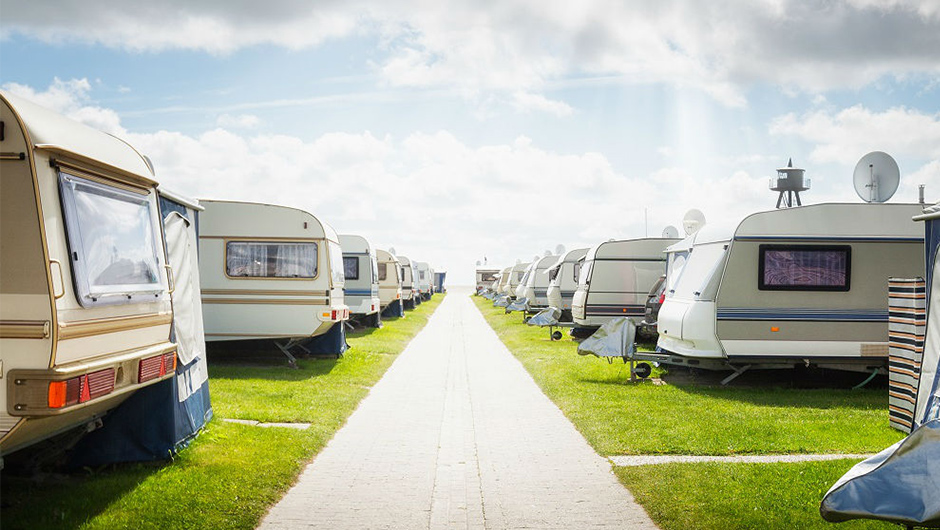Shopping Basket
You have no items in your basket.

Along with ‘which caravan make is best?’, this is one of the most popular (and potentially agonising) questions would-be caravaners and those looking to upgrade ask. The answer largely depends on your budget and what practical requirements you have but the following pointers can help to focus your thinking.
Up to £4,000 will buy you a basic caravan that could be upwards of 14 years old. Unless it’s had one or two careful owners, it may have seen better days and could become a money pit as you battle with the tide of repairs. A second-hand touring caravan that’s around seven to 14 years old will cost around £4,000 to £8,000 and offer you more varied layouts and reliability. Deeper pockets that can stretch up to £13,000 will buy you a model that’s around three to six years old. If you’ve got more than £13,000 to spend, congratulations! You’ll be able to buy a new caravan or one that’s less than two years old. New caravans are subject to VAT at the standard rate, so if you buy one that’s 12 months old, someone else will have paid the VAT for you!
Do you want to keep returning to a well-loved location or do you crave the freedom of the open road? Homebodies tend to prefer static caravans, where hassle is kept to a minimum and creature comforts like mains access create the feeling of a ‘home away from home’. Adventurers prefer the challenge of towing and setting up over and over, with a new sunset to appreciate every evening. Want the best of both worlds? Buy a static caravan and rent it out when it’s not in use. Use your profits to rent a caravan on another park whenever you fancy a change!
Your fully loaded caravan should not exceed 85 percent of your car’s kerb weight (the weight of your car as it stands with no passengers or cargo). If you’re a very experienced caravan tower, you may go up to 100 percent but never any more. It’s important that your tow car is as heavy as possible so it can keep your caravan under control in high winds, when cornering or travelling at speed. To match your car and caravan safely and legally, visit the National Caravan Council’s TowCheck website. If you passed your driving test after 1 January 1997, you may have to take and pass a Car and Trailer Driving Test.
Most of the caravans on UK roads are single axle caravans measuring between 3 and 6.5 metres in length. They can comfortably sleep between two and six people. Longer and heavier caravans that sleep more people may have two axles to provide stability and to make them easier to tow on the road.
For a taste of luxury, choose a caravan with fixed beds then invest in a bespoke Duvalay mattress made to your exact size and shape specifications. (Swift Group caravans have Duvalay mattresses as standard). Even if only two people will routinely use your caravan, you will enjoy the ‘home from home’ comfort of a ‘real’ bed that provides optimal support. If you have family or a group of friends you want to regularly caravan with, Duvalay’s portable mattress toppers and memory foam sleeping bags transform hard seating areas into a luxurious place to sleep. An awning with a pup tent in the summer is a great option for kids; just add a cosy Dinky Duvalay sleeping bag!
Belonging to a caravanning club ensures you have a readymade community of caravan enthusiasts to turn to for advice and support. It can also reduce your costs by taking advantage of members’ perks including discounted site fees. The UK’s favourite clubs are the Caravan and Motorhome Club and the Caravan and Camping Club.
While not legally essential, taking out caravan insurance will help you get the most out of your caravanning experience – ensuring total peace of mind that you are covered in any eventuality. Most caravan insurance policies cover fire, flood and theft, as well as accidental damage and public liability. (Be sure to check individual policies for any exemptions). Duvalay’s recommended caravan insurers are Caravan Guard – rated five stars by Defaqto.